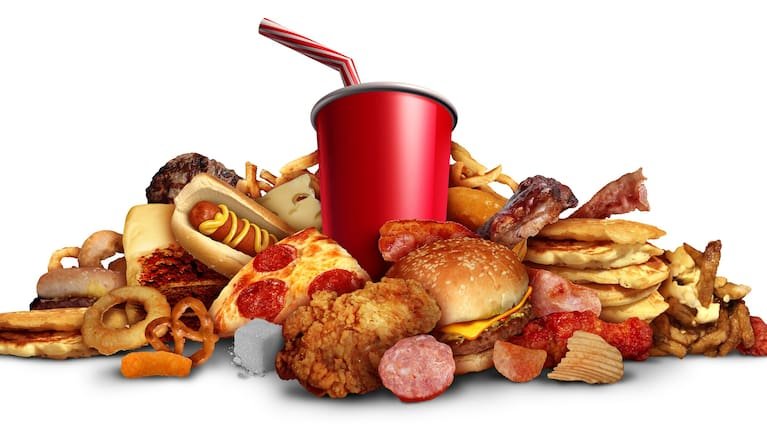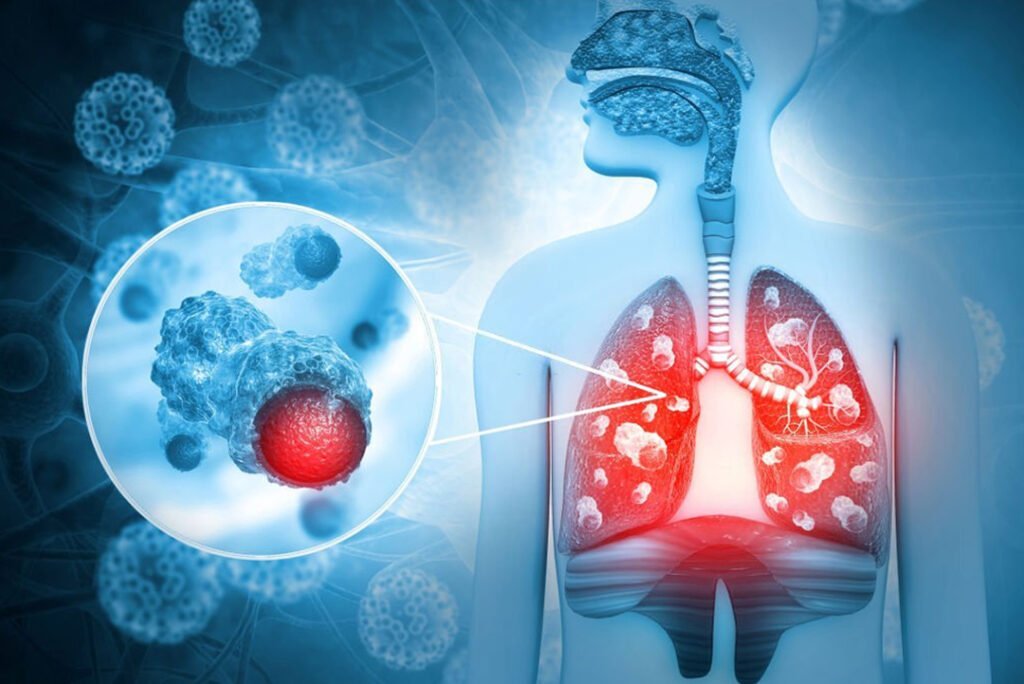Ultra-Processed Foods Linked to Higher Risk of Lung Cancer, Study Finds American and British researchers have discovered a connection between the consumption of ultra-processed foods (UPFs) and an increased risk of lung cancer.
The study, published in the respiratory journal Thorax, followed over 155,000 participants aged 55-74 for 12 years, tracking their dietary habits and subsequent cancer diagnoses.
Ultra-processed foods, which account for more than half of the average diet in the UK and US, include ready meals, fast food, and fizzy drinks.
These products typically undergo multiple processing steps, contain long lists of additives and preservatives, and are ready-to-eat or heat.

The study found that participants who consumed the most UPFs were 41% more likely to develop lung cancer, including 37% more likely to develop non-small cell lung cancer and 44% more likely to develop small cell lung cancer.
Although the exact mechanisms behind this association are unclear, researchers suggest that the low nutritional value of UPFs, excessive salt, sugar, and fat content, and presence of harmful contaminants may all play a role.
While the study did not establish a direct cause-and-effect link between UPF consumption and lung cancer, it strengthens the case for re-examining the food environment and promoting healthier dietary choices.
As nutritionist Rob Hobson notes, “It’s not about being perfect; it’s about balance and understanding how your food choices could be supporting or undermining your long-term health.”
Authorities are now urging the public to limit their consumption of ultra-processed foods and adopt a more balanced diet rich in whole foods, vegetables, beans, and grains.
By taking small steps towards a healthier lifestyle, individuals can help reduce their risk of lung cancer and other diet-related diseases.

